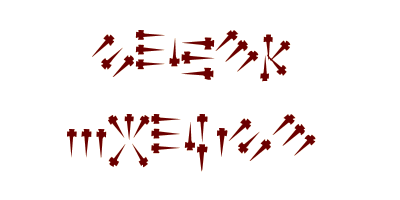Arcane
(ma)(jik)(sa) (ling)
"Language of Magic"
For most of the Second, Third and Fourth ages, the Arcane was and continues to be the basic language in which magical spells are scribed. The Arcane began as a script only, a simplified version of the Elder Arcane used for quick notation. within a few thousand years, the Arcane had developed its own phonology, and became a seperate language altogether. Most of the words in Arcane can be traced back to contractions and simplifications of words and phrases of the Elder Arcane.
Arcane has three modes: Classical Arcane and Modern Arcane are two different letterings for the same grammar. Spoken, or Conversational Arcane does not have a special written component, though its usually written in Modern Arcane.
|
Free language for:
|
Mage
|
(speak/read)
|
|
Bard
|
(speak/read)
|
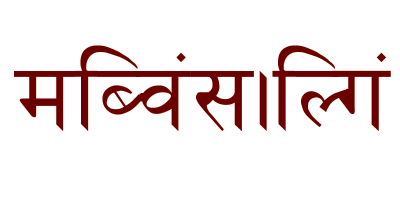
Celestial
Celestial is the language of the Light Primes, and of their worshippers. All holy texts passed down from the Primes are written in this language, marking it quite possibly the oldest language known by mortals. Credit is given to Patrilius for developing Celestial's written form, called Malachim, but he has no comment.
Clerics are trained to read celestial during their seminary, while those who are decended from the angels and blessed creatures are innately fluent in the language, though they may not be able to read it.
|
Free language for:
|
Good Cleric
|
(speak/read)
|
|
Half-Celestial
|
(speak only)
|
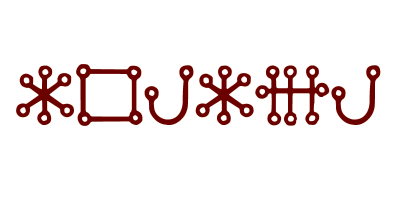
Aracthan
Aracthan, also called 'Common Aracthan' to differentiate it from Noble Aracthan, is a langauge with a storied history. The original inhabitants of what would be Aractha spoke this language, which was a variant of the Elder Arcane. At the end of the First Age, when the Taigorrean refugees arrived in what is now Aractha, they assimilated quickly, and adapted this language with their own.
The script of Aracthan, called Archanic, has definite qualities that borrow from Elder Arcane. However, it has a very strong Taigorrean influence, and sounds very much like feral barks, rowls and yips interspersed with a real tongue.
|
Free langauge for:
|
None
|
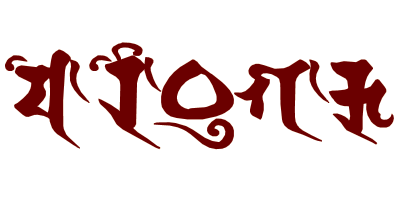
Dark Arcane
(sá)(ma)(jik)(î)
(lug) "Language of Magic"
The Dark Arcane was once known as Lesser Arcane, and flourished in the Second Age as an alternative magical language among the mages of Sargothas and some of the southlands, including Montevello. The langauge excelled at explaining magical concepts relating to transmutation, conjuration, and necromancy, and even among the learned scholars of Aractha, many books were written in this text.
However, as the blight spread across Sargothas in the Third Age, culminating with the destruction of Aractha at the hands of the Lich King, Lesser Arcane became more and more affiliated with the dark arts; and it fell quickly out of favor. Today, Dark Arcane is the favored langauge for necromancy books, and not much else.
|
Free language for:
|
Mage
|
(speak/read)
|
|
(with Necromancy School)
|
||
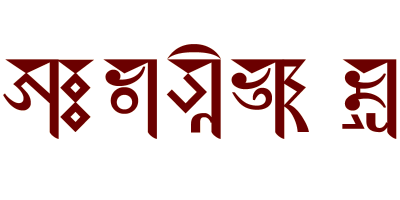
Drow
Drow, or llythiiri, is a rough-sounding corruption of the Elven langauge, Eldar. It is spoken only by the Drow, who keep it's grammar and writing hidden from non-Drow, and rarely speak it in the presence of others. Written Drow is sometimes mistaken for Elven, as they use the same characters, but the stilting, pointed shapes are a dead giveaway.
Drow is sometimes found as inscriptions on items of great evil power, or drow construction.
|
Free langauge for:
|
Drow
|
(speak/read)
|
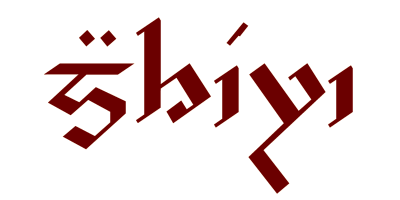
Khuzdul
The Dwarves of Calenndor speak Khuzdul, known to others as Dwarvish, Dwarven or Runic. The dwarves are very careful about their language, and rarely speak it aloud in front of others, much as how the Drow do. However, Dwarven Runes can be found on many items, as the Dwarves are prolific runesmiths. It is said that the runes themselves can possess magic, and the smiths merely scribe them the right way.
Khuzdul has many hidden layers of meaning to Dwarves, and non-dwarves who are lucky enough to learn the langauge never fully appreciate the nuances.
|
Free language for:
|
Dwarf
|
(speak/read)
|
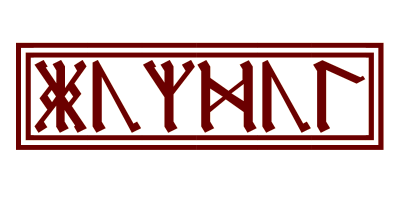
Elder Arcane
(sa)(ma)(jik) (lin)(gus)(a)
"Language of Magic"
The Elder Arcane is the original magical language of Feanor, and was passed to mortals by the Primes themselves. In the First Age, magic was rare and few wizards existed. Those that wished to learn magic would first have to endure the hardships of finding a teacher willing to take a student, and then the tedius process of learning the Elder Arcane. The langauge itself was so complex that many students completely forgot their own langauge, and developed a conversational mode of Elder Arcane. Their decendants, both wizard and non- grew up as native speakers of this mode. However, none still live that speak it natively, and the conversational mode has been mostly forgotten.
In more modern days, Elder Arcane has fallen out of use in favor of shorthand langauges, like Arcane. However, the most powerful wizards command its power, and their spells reflect the potency of using the Elder tongue. Requires the Mage class, and an Int Mod of +6 or greater to learn.
|
Free language for:
|
Mage
|
(speak/read)
|
|
(Level 30)
|
||
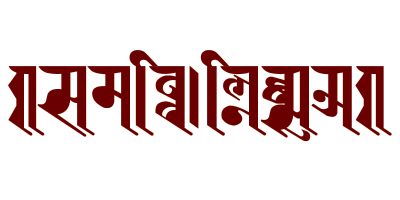
Common
Most everyone knows common, being that it is the basic language of the continent of Calenndor. Everyone can speak it. However, only those who have an Int bonus of +0 or higher can read it, except: Ferals cannot speak or read common. Barbarians cannot read.
|
Free language for:
|
Everyone
|
(speak)
|
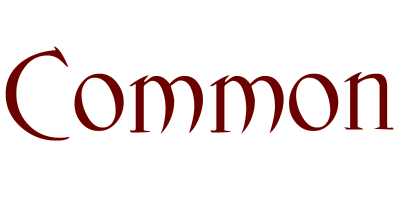
Feral
Feral is not a language so much as it is a state of being. Ferals are unevolved animals, much like there exist on Earth, while Furres are evolved, anthromorphic animals. Ferals do not have a language, but they do have patterns of behavior and sound-combinations that allow a rudimentary communication to members of the same species. Furres, also, can pick up on these signals, and even 'talk back', if they are the same species. Feral is not capable of expressing abstract thought.
Note: Feral is never spoken in brackets: <...>. The langauge must be RPed as a series of gestures and sounds. If the meaning is unclear, you must use whispers.
Rangers can choose a species that they understand, Druids choose two. Hunters understand the feral of their animal companion as long as they retain that companion. If you are not in the list below, you cannot learn Feral.
|
Free langauge for:
|
Furres
|
(same species)
|
|
Ferals
|
(same species)
|
|
|
Hunters
|
(comp. species)
|
|
|
Rangers
|
(one species)
|
|
|
Druids
|
(two species).
|
Halffish
Halflingish, also known as Haffish, is a runic script similar to Dwarven, and used by Halflings. The actual Halfling langauge is not very well known even amongst themselves, so Haffish runes have been used to write Common for many centuries.
|
Free language for:
|
Halfling
|
(read only)
|
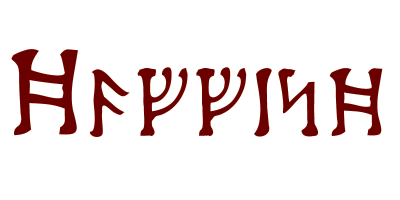
Infernal
Infernal is the language spoken by the Dark Primes, and was used to scribe the Libram Haereticalis, and other books of evil magic. The origins of the language itself are unknown, but the sounds are exactly reversed from Celestial, lending an otherworldy and eerie air to its pronunciation. Demons and other evil beasts are native speakers of Infernal.
Clerics of the Dark powers learn Infernal at their seminaries, and Half-Demons know how to speak the langauge innately, but may not be able to read it.
|
Free language for:
|
Evil Cleric
|
(speak/read)
|
|
Half-Demon
|
(speak only)
|
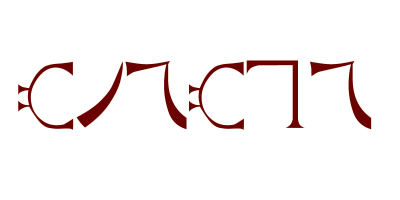
Ivrit
Entirely alien to most who encounter it, this language has developed very differently from the world’s other tongues. It has no influential roots, and seems to have no links to any of the other languages. It is very rarely spoken, native only to the Blademaster’s Hall of Areah and the lands nearby. Divided between Scholarly and Common incarnations, it is a very difficult language to learn.
|
Free language for:
|
Blademasters
|
(speak/read)
|
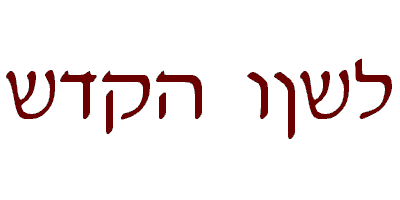
Noble Aracthan
Noble Aracthan is derived from High Taigorrean, and there is a marked resemblance between the two scripts. When that empire fell, the learned sages and nobility that integrated into the new Aracthan Empire brought along their language, which became the state langauge of Aractha for a short time. The Aramagi, to force a clean brak between the ancient Taigorr and the 'modern' Aractha, reformed the script and the language, creating Noble Aracthan. Like Common Aracthan, and Taigorrean, this language is 'feralized'. However, as it is also noble's language, there is far less of that type of inflection.
During the War of the Lich King, in the Third Age, all speakers of this language were killed. The Nobles, late in the Second Age had saught to protect their secrets, and enchanted Noble Aracthan to be undecipherable except by the Aramagi. Thus, the secrets of Aractha are forever lost.
Note: This langauge is forgotten, and cannot be learned.
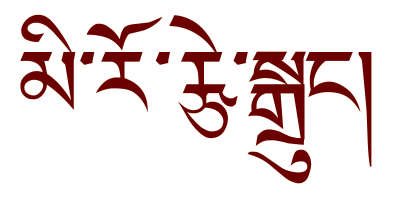
Launcian
Launcian is the common tongue of the Holy Launcian Empire, as well as among the dwarves of the Dwarven Empire. It sounds just like German.
|
Free language for:
|
From Launcia
|
(replaces Common)
|
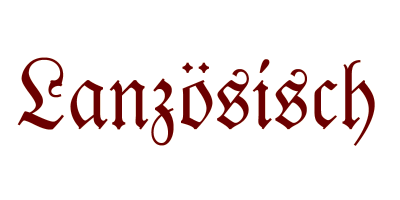
Eldar
The langauge of the Elves, Eldar is one of the most beautiful and fluid languages of Calenndor. Legends say that the tengwar, the elven script, was given to them by Valerion Saretholasas a gift. The Elves of Feanor have held this gift closely to their hearts, an since the dawn of time, there have been few changes to the language. Elven letters have been used to write nearly every other langauge on Calenndor, save for the magical tongues.
There are two modes of writing Eldar, Quenya and Sindarin, or the High Elven and the Low Elven.
|
Free language for:
|
Elf
|
(speak/read)
|
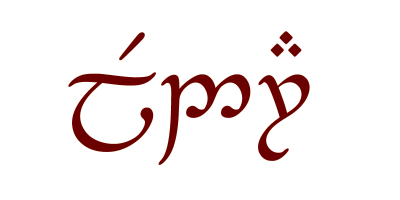
Sargothan
Spoken as a second langauge by Sargothan refugees living in Xanthia, as well as peoples of the Freeholds and Sargothas itself, this langauge can still be heard muttered by the undead which plague that blasted land. It is said that the sound of the undead Sargothan will drive any mortal mad, but that is just a myth... right?
|
Free language for:
|
From Xanthia
|
(speak/read)
|
|
(with Sargothan lineage)
|
||
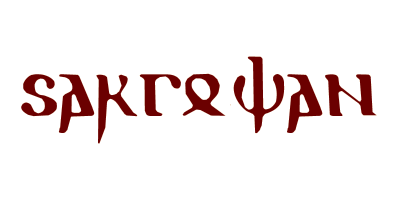
Seal Runes
The Seal runes are the markings on the side of the crystal seals used by the Seal Acolytes. Discovering their meaning is the process of discovering how a Seal works, and thus these runes can't be read by one who doesn't control the seal. Each person perceives the runes on any particular seal differently than any other person does.
The runes, when translated, explain the powers of the seal. They also name, and give the history of the Elemental whose death created the seal. The runes also are the seal spirit's way of communicating with it's wielder.
|
Free language for:
|
Seal Acolyte
|
(read only)
|
|
(Seal-user only)
|
||
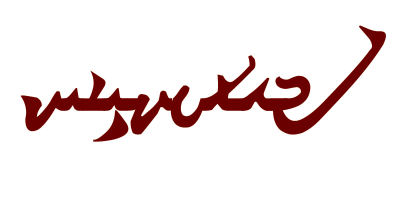
Tigathan
Tigathan is the language of the Plains of Tigath, and is usually written in Uncial, which is a variant of the common letters. The Tigahrrim do not teach this language to outsiders, unless they have earned special trust of the clans.
There is another script for Tigathan, called Tiga, which is a line-script that was developed to write on rocks and trees to mark danger, good hunting grounds, or used in ceremonial artwork or gravestones. A simple script, these markings last for millennia. Only the wearing away of stone, or the rotting of wood erases their memory.
|
Free language for:
|
Tigahrrim
|
(speak/read)
|
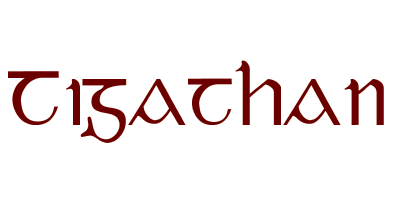
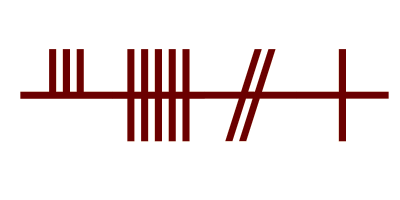
Undertongue
A script used almost excluseively to mark illicit shipments secretly or mark secret passages, undertongue is a roguish language spoken and scrawled among the ne'er-do-wells of Calenndor and the pirates of Pirostia. They keep its meanings tightly guarded, and those that are not guilders that show aptitude at understanding it usually find themselves lying dead in an alleyway.
|
Free language for:
|
Rogue
|
(speak/read)
|
